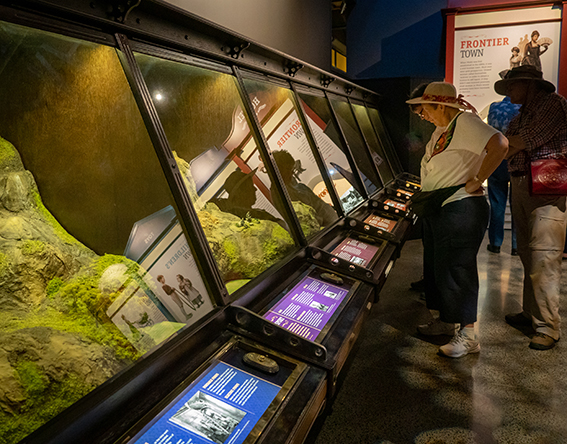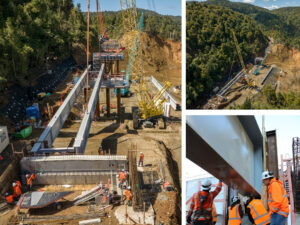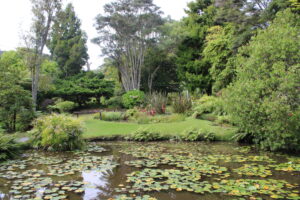International travellers have returned to Thames Valley’s hospitality and tourism venues after Covid-19 forced New Zealand’s border closure in 2020.
New Zealand reopened its borders to visitors from anywhere in the world, including reopening its maritime border to cruise ships, on July 31.
The reopening took place three months earlier than the government initially planned in order to accelerate the country’s economic recovery after the Covid-19 pandemic.
Waihī Gold Discovery Centre general manager Eddie Morrow told The Profile the reopening was a positive move as the absence of international travellers caused the centre to reduce its staff numbers and experience revenue losses.
“We were traditionally around a 30 per cent international market, and even though over the last couple years the domestic market has gone out there and done its thing, it’s still been a pretty tough time,” he said.
“Less visitors through the door has meant less revenue so we’ve had to adapt our business model in order to be able to still function and offer our services, which are our Waihī Gold Experience, Waihī Gold Mine Tours, Waihī Bicycle Hire and Waihī i-SITE.”
Mr Morrow said international visitors to the attraction had slightly increased since the reopening and hoped numbers would build as summer approached.
“It’s fantastic, we’re a people business, that’s what we do in tourism, so the more of them we see, the better it is for us because we love to be able to greet people and share our story,” he said.
“We had started to build quite a strong cruise market package out of Tauranga and that of course died with the borders closing so we’re looking forward to some of that action coming back for this summer.”
The Port of Tauranga’s first cruiseliner after a two-and-a-half year hiatus is scheduled to dock on October 26.
Thames Goldmine Experience secretary Janet Eriksen said her attraction also experienced the economic impacts of the border closure because international travellers contributed to nearly half its income.
“We’ve been very careful with spending, all the income goes on projects to restore the machinery and upgrade the historical displays,” she said.
“We’ve limited our opening hours, we closed during winter and we’re just open now on the weekends because it takes a lot of water and electricity to run the machines.”
Janet hoped income would soon return to normal with international travellers already visiting the attraction, which is run by volunteers. “We’ve had Australian visitors lately and we’ve also had lots of German visitors, so we hope we have a busy summer,” she said.
“We get a lot of people from the UK, they’re very interested in all our vintage machinery because the English lost all of their old iron machinery in the war effort.”
Glory Cafe owner Andrea Logan said the past two years




